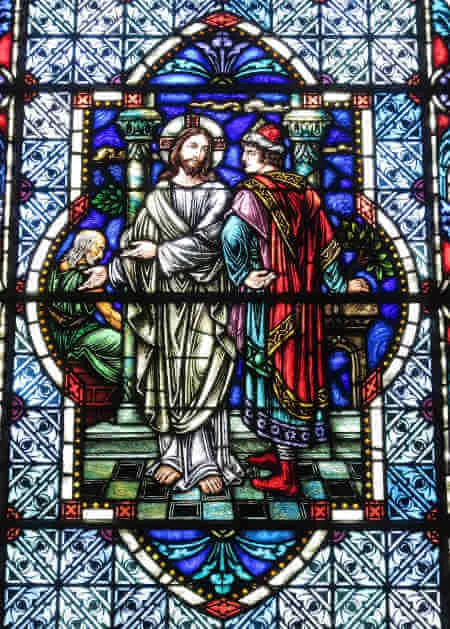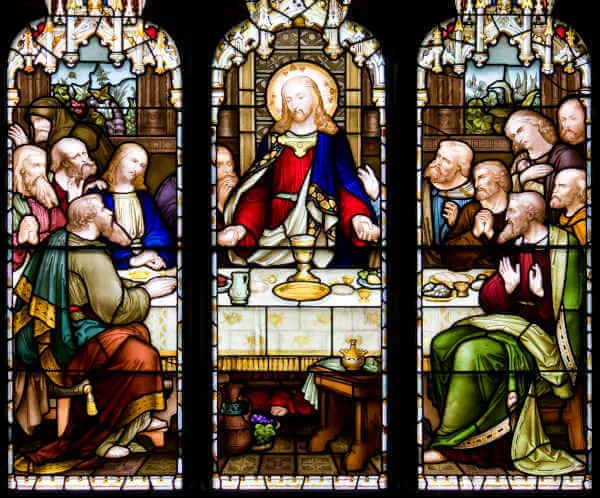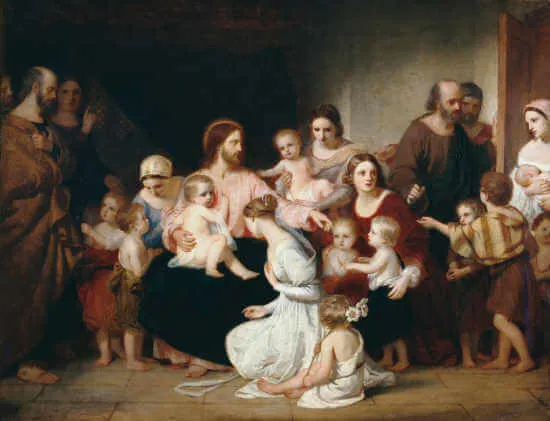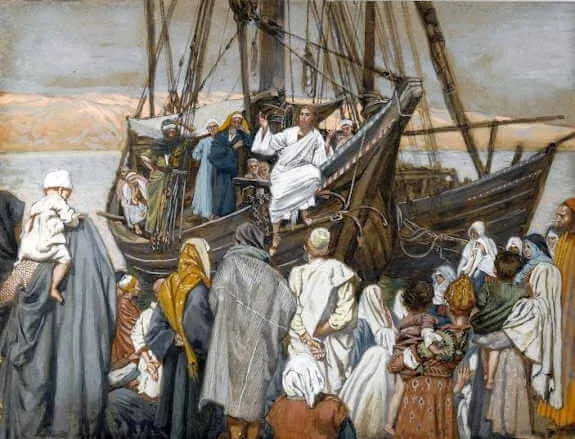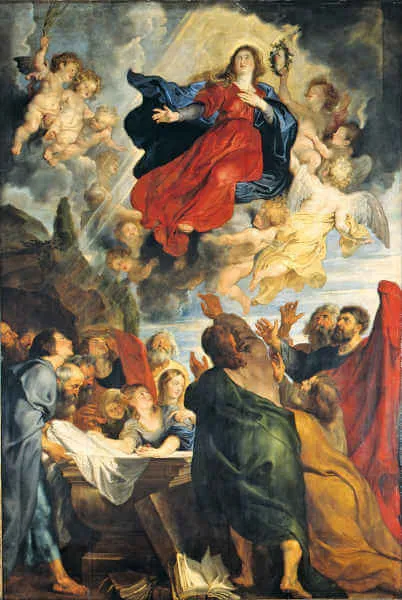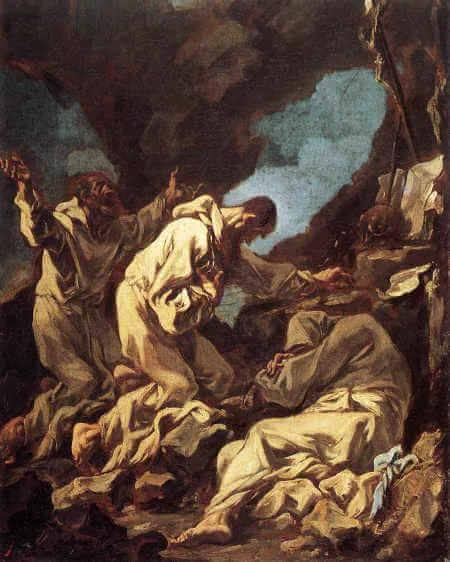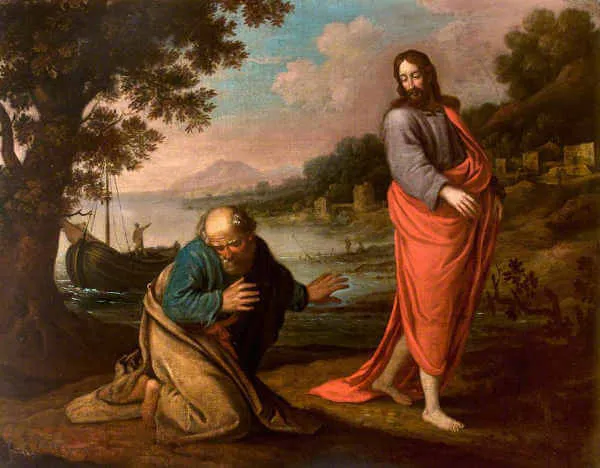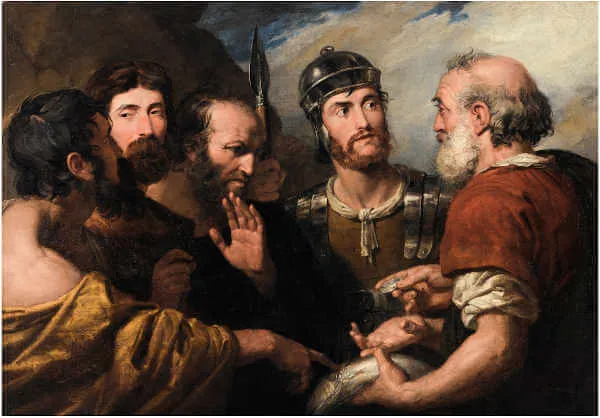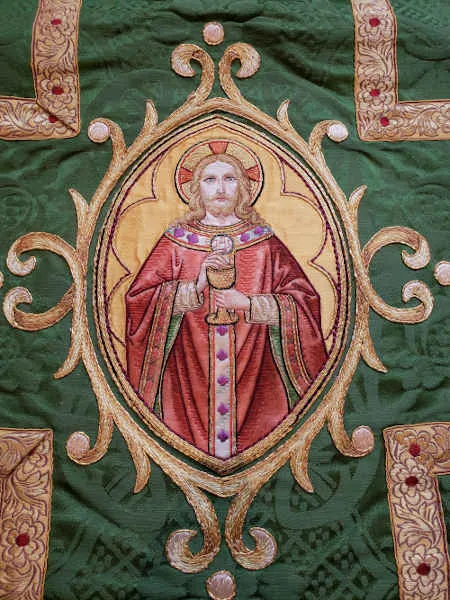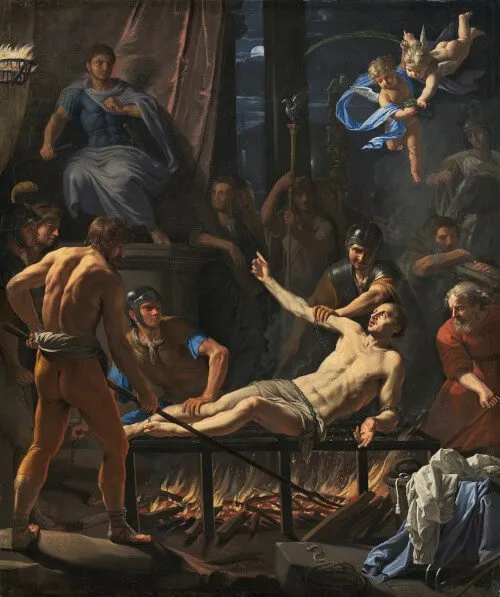Matthew 19:21-22
Perfection
“If you wish to be perfect, go, sell what you have and give to the poor, and you will have treasure in heaven. Then come, follow me.” When the young man heard this statement, he went away sad, for he had many possessions.
Reflection:
This is the conclusion to the conversation that Jesus had with a rich young man who came to Him and asked, “Teacher, what good must I do to gain eternal life?” Jesus went on to tell him to keep the commandments. The young man said he has done so from his youth and wanted to know what else he could do. So Jesus answered his question. But the answer was more than the young man could accept.
“If you wish to be perfect, go, sell what you have and give to the poor, and you will have treasure in heaven. Then come, follow me.” Do you want to be perfect? If so, then Jesus has set a high bar for such a goal. It seems that many followers of Christ are okay with simply being okay. In other words, it seems that it is rare to find a person who is wholeheartedly committed to perfection. Many may have good intentions, but it seems that there are few who fully commit themselves to all it takes to truly obtain the perfection to which we are all called.
It’s interesting to note that Jesus’ initial response to this rich young man explained the requirements for entering eternal life, that is, the minimal requirement for obtaining Heaven. Simply put, Jesus said that if you refrain from serious sin by keeping the commandments, then you will inherit eternal life. Of course, that also presumes that you have the gift of faith and are thus open to the gift of salvation. So is that what you are content with? Are you satisfied with doing the minimum it takes to get to Heaven?
The idea of perfection can appear to be beyond us. Too often we can think, “I’m only human.” But as a human who is called by God, we are invited to work toward the obtainable goal of greater holiness. Though we will always fall short, we must strive to become as holy as we can, holding nothing back.
Though the invitation given to this young man to “go, sell what you have and give to the poor” is not a requirement that our Lord places on everyone, He does call some to do this literally. But for everyone else, the invitation still remains—but in a spiritual sense rather than a literal sense. This is the spiritual call to interior poverty of spirit. Everyone of us is called to be interiorly detached from the things of this world in a complete way, even though we retain our possessions. We must have as our single possession the love of God and the service of His will. This depth of spiritual detachment means that God and His holy will is all we desire in life. And if He ever were to call us to literally give everything up, we would do it without hesitation. And though that may seem extreme, it is, in fact, exactly what will benefit us the most. It is the only way to become fully human and fully the person we were meant to be. And the end reward is not only the attainment of Heaven but an incomprehensible amount of glory in Heaven. The holier we become here on earth, the greater will our eternal reward be in Heaven. Do not hesitate to do all you can to build up that treasure that will be with you forever.
Reflect, today, upon the high calling to perfection given to you by God. Ask yourself in a very sincere way whether or not you are simply okay with being okay or if you want so much more. Do you want the greatest riches in Heaven? Do you want your eternity to be one in which the spiritual treasures you build up now are with you forever? Do not hesitate to accept this high calling from Jesus. Allow His invitation to this rich young man to echo within your heart as His personal invitation to you, also. Say “Yes” to Him and know that you will be eternally grateful you did.
Source: https://catholic-daily-reflections.com/2024/08/18/perfection-3/


